Effluent Treatment Plants (ETP)
Home / Effluent Treatment Plants (ETP)
Effluent Treatment Plants (ETP)
Effluent Treatment Plants are used cleans industrial effluents, Laboratory waste water, contaminated water from rivers and lakes, and so on just in order to reuse the water for additional purposes. Along such lines, water is reutilized and sustained. In fact, such gushing treatment ensures that any contaminant will be expelled from the water making it reusable.
ETP plant involves wastewater treatment process for treating contaminants in the form of organic matter, inorganic matter, heavy metals, oil & grease, suspended solids etc. The treatment methodology can be either batch process or continuous flow process.
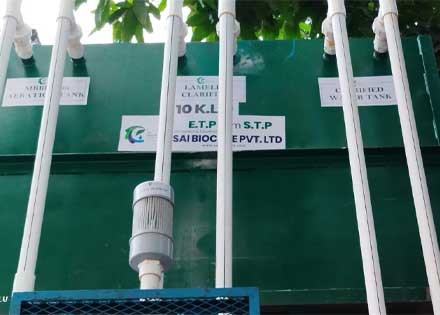
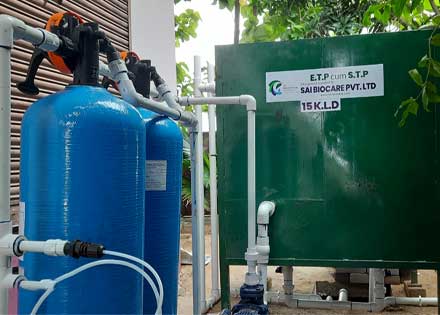
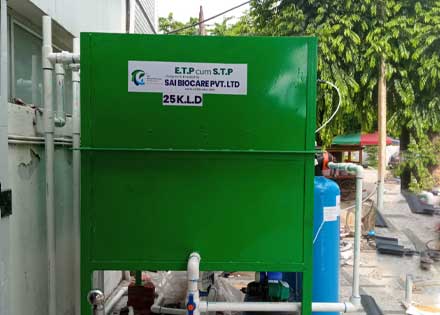
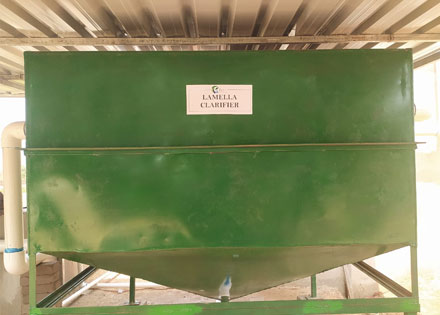

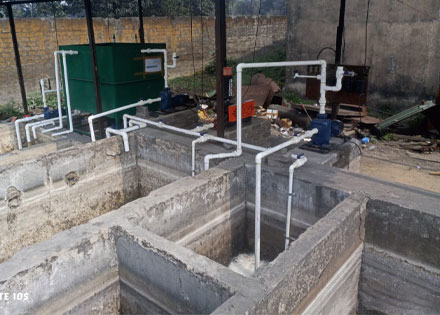
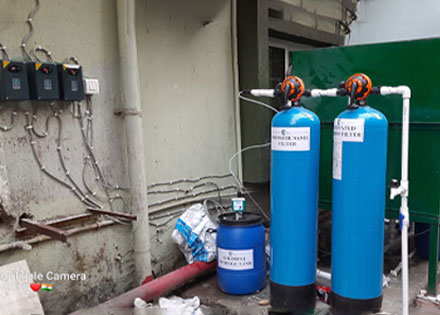
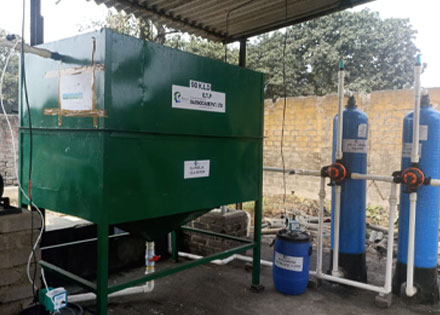

Importance of ETPs
ETPs serve as guardians of environmental sustainability by treating a wide array of contaminants present in wastewater.They facilitate the reuse of water, thereby conserving this precious resource and reducing the strain on freshwater reserves.ETPs prevent the discharge of harmful pollutants into natural water bodies, thus safeguarding aquatic ecosystems and public health.
Saibiocare's Treatment Process :
- Comprehensive Assessment: Saibiocare begins by conducting a comprehensive assessment of the effluent characteristics and treatment requirements. This includes analyzing the composition of contaminants, flow rates, and regulatory standards.
- Customized Treatment Solutions: Based on the assessment findings, Saibiocare designs customized treatment solutions tailored to the specific needs of each client. These solutions leverage a combination of advanced technologies and specialized processes to achieve optimal results.
- Advanced Technologies: Saibiocare employs state-of-the-art technologies to address a wide range of contaminants present in effluents. This includes biological treatment systems, advanced oxidation processes, membrane filtration, and ion exchange.
- Sustainable Practices: Sustainability is at the core of Saibiocare’s approach to effluent treatment. The company prioritizes the use of eco-friendly chemicals and energy-efficient processes to minimize environmental impact and promote long-term sustainability.
- Continuous Monitoring and Support: Saibiocare provides ongoing monitoring and support to ensure the optimal performance of ETPs. This includes regular system checks, performance evaluations, and troubleshooting assistance to address any issues promptly.
Benefits of ETPs :
- Environmental Protection: ETPs prevent the discharge of harmful pollutants into natural water bodies, safeguarding aquatic ecosystems and biodiversity.By treating industrial effluents and wastewater, ETPs reduce the environmental impact of human activities, ensuring cleaner and healthier surroundings.
- Resource Conservation: ETPs facilitate the reuse of treated water for non-potable purposes such as irrigation, cooling, and industrial processes, thus conserving freshwater resources. Through effective treatment processes, ETPs also minimize the consumption of raw materials and energy required for water extraction and treatment.
- Regulatory Compliance: ETPs help industries comply with environmental regulations and discharge standards set by regulatory authorities, avoiding penalties and legal consequences. By maintaining proper effluent treatment practices, industries demonstrate their commitment to responsible environmental stewardship and corporate social responsibility.
- Cost Savings: Implementing an ETP can lead to significant cost savings for industries by reducing water consumption, wastewater disposal costs, and potential fines for non-compliance. Saibiocare’s tailored solutions optimize ETP performance, further enhancing cost-effectiveness through efficient resource utilization and minimized operational expenses.
- Public Health Protection: By treating wastewater before discharge, ETPs mitigate the risk of waterborne diseases and contamination of drinking water sources, thereby protecting public health and well-being.
